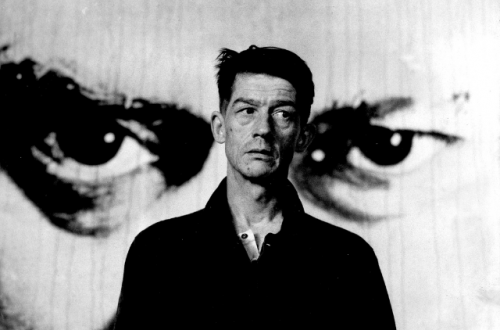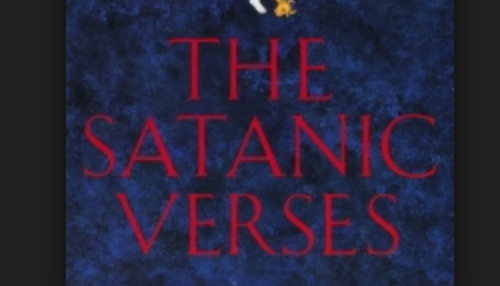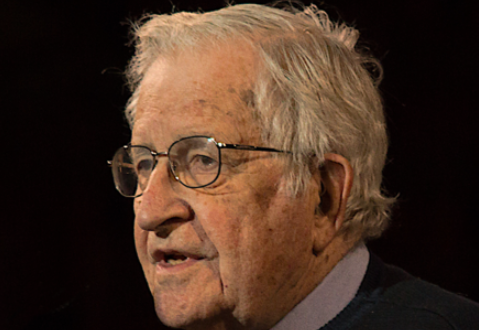I did rather like this story, even though Bob Pitt likes it too. As Ophelia Benson has reported on Butterflies and Wheels, there has been an atheist campaign trying to encourage atheists in religious communities to be open about their (lack of) beliefs. ‘You know it’s a myth … and you have a choice’.
A response from a (presumably) Christian commenter quoted in this report was annoying. “People either believe in God or not. Why are you trying to change that?” Tell that to the church over the road from me which runs a series of irritatingly chirpy evangelical posters – eg ‘What’s missing from ch**rch’?
But the Muslims attending the Mosque in Paterson, New Jersey, near which the atheist sign (in Arabic and English) was situated, seemed relaxed:
Men leaving the mosque after prayer on Wednesday seemed neither perturbed nor unsettled by the billboard, and some even saw it as positive.
“It’s a knock on the door,” Abdul Hamid, 40, said as he crouched to get his shoes after noon-time prayer at the Islamic Center of Passaic County, “If they want to come and have an open dialogue with us that’s great.”
Anes Labsiri, a 39-year-old plumber, said he was happy people can question religion in public.
“Some people might see it as a bad thing. I think it’s a good thing. I love that you have this freedom in this country,” said Labsiri, who came from Morocco in 1998.
Mohamed El Filali, the mosque’s executive director, says he’s even planning to invite Silverman to join a panel discussion on science in the Quran later this month.
After prayer, the imam, Mohammad Qatanani, came outside to talk with Silverman, who was hanging around the neighborhood to watch for reactions to the sign.
The two discussed religion and tolerance; humanity and God.
“We have to accept everyone — we are all from dust and become dust,” Qatanani said. “Right?”
Silverman nodded his head, but added, “Well, yes, we’re all from raw matter.”
There have been reports about a less positive response to a planned sign in Hebrew, aimed at a Hasidic community, so I’ll note that the suggestion that the sign wasn’t displayed due to pressure from rabbis doesn’t seem supported by evidence, and the Hasidic community is a rather strict subset of Judaism, whereas the Muslim sign was aimed at a mainstream community.


